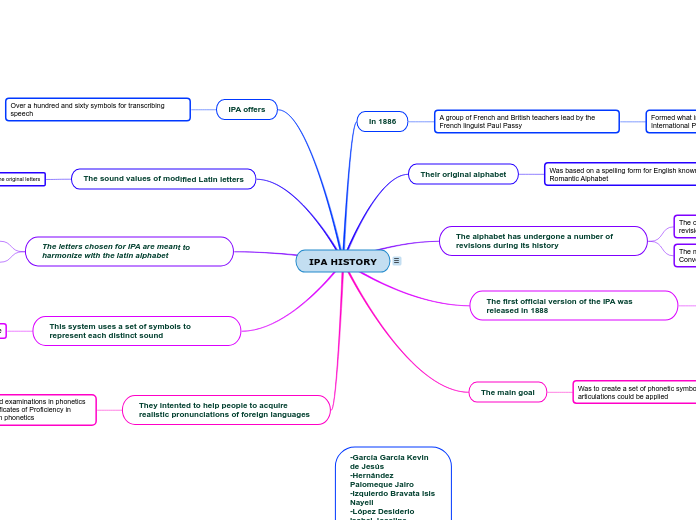によって LÓPEZ DESIDERIO LÓPEZ DESIDERIO 5年前.
581
IPA HISTORY

によって LÓPEZ DESIDERIO LÓPEZ DESIDERIO 5年前.
581

もっと見る
Team 5:
García García Kevin de Jesús
Hernández Palomeque Jairo
Izquierdo Bravata Isis Nayeli
López Desiderio Isabel Joseline
Sánchez López Yashira Monserrat